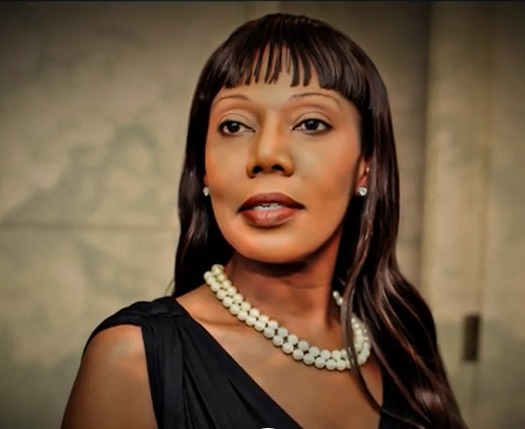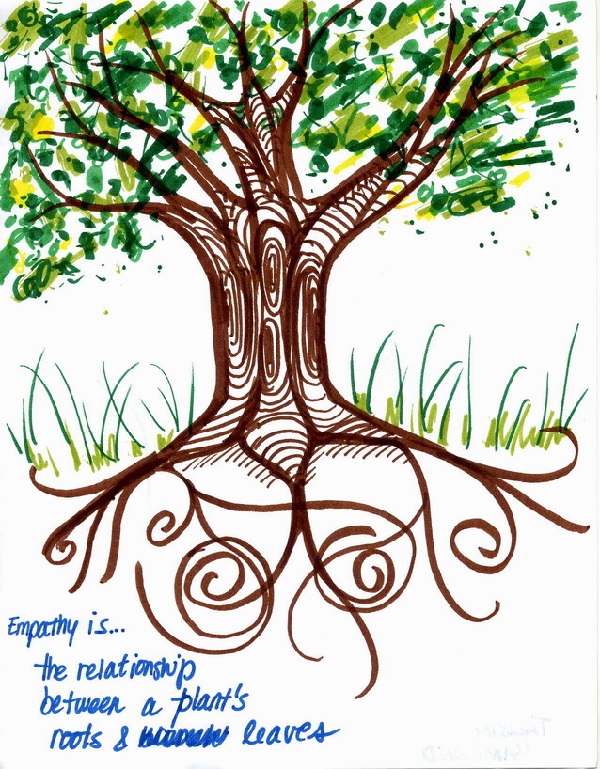Personal power is a core leadership competency that everyone needs to develop before they can lead others. It has to do with being able to
lead yourself.
“Personal power is the ability to achieve what you want,” according to Frederick Mann, a successful entrepreneur and author of The Economic Rape of America.
“More than anything else, it is personal power that brings you success and happiness. The biggest barrier to success in almost
any endeavor is powerlessness, negativity, helplessness, and inertia. They belong together. The problem is not only our own powerlessness, but also the powerlessness of those around us.”
We can help harness and learn to use our personal power by understanding and working on our Emotional Intelligence (EI) skills.
Not long ago, when I worked in a corporate environment, there was a strong push to incorporate EI into the organization’s leadership
training curriculum as an array of skills and characteristics that drive leadership performance.
EI is “the ability to monitor one’s own and others’ feelings and emotions, to discriminate among them and to use this information to guide
one’s thinking and actions,” according to psychologists John D. Mayer and Peter Salovey, who co-developed the concept and were two of the three authors of the Emotional Intelligence Test.
a. Pay attention to the feedback of friends and co-workers, good and bad. Train yourself to repeat the behaviors that get positive feedback and work on eliminating those that make people react negatively.
b. View constructive criticism as just that. When we become defensive, we don’t hear what can be very helpful feedback.
c. Learn to handle conflict and confrontation from a perspective of compassion and caring.
Personal coaching can be very helpful in learning to be more diplomatic in your interactions with others.

My EI training and its practical applications to my work team environment still resonate in my personal life. They became skills that I now methodically apply to current situations in both personal and entrepreneurial pursuits.
There are several EI models, but the one to which I ascribe is the mixed model introduced by Daniel Goldman, a combination of ability and traits. Here are Goldman’s five main EI constructs, and my views on how each of us can develop them:
1. Self-awareness: the ability to know one’s emotions, strengths, weaknesses, drives, values and goals and recognize their impact on others while using gut feelings to guide decisions.
In order to become self-aware, you need to conduct an honest self-assessment to determine your strengths and weaknesses, such as powerlessness and inertia, and determine the root causes. You then need to create a plan that will help you overcome your fears, which are barriers to courage and stand between you and your successes.
While I am a big proponent of using my intuition to guide my decisions, whenever it is appropriate, I need to caution that unless your gut
feelings are often more right than wrong, you cannot make decisions solely based upon intuition. You need to use a balanced combination of intuition and logic.
2. Self-regulation: involves controlling or redirecting one’s disruptive emotions and impulses and adapting to changing circumstances.
Simply put, you need to exercise self-discipline and know how to control your emotions and be flexible in order to adapt to changing
situations. You cannot continue on the same trajectory or keep the same plans when the circumstances or facts have changed. Your plans need to be modified accordingly.
3. Social skills: managing relationships to move people in the desired direction.
Your social skills refer to your interpersonal skills or your ability to relate and connect with people, which can motivate them to deploy discretionary efforts to help you achieve goals that are best accomplished via partnership and collaboration.
Here are some tips for improving your social skills:
a. Pay attention to the feedback of friends and co-workers, good and bad. Train yourself to repeat the behaviors that get positive feedback and work on eliminating those that make people react negatively.
b. View constructive criticism as just that. When we become defensive, we don’t hear what can be very helpful feedback.
c. Learn to handle conflict and confrontation from a perspective of compassion and caring.
Personal coaching can be very helpful in learning to be more diplomatic in your interactions with others.
4. Empathy – considering other people’s feelings, especially when making decisions.
Some people believe empathy cannot be learned, but I believe just the opposite. Put yourself in the other person’s shoes and try to see
situations from their perspective. Might they be feeling fear? Shame? Guilt? How do those emotions make you feel? Understanding and addressing the concerns of others is essential to EI.
Always consider intent versus impact, and how your actions or decisions may affect the individuals or groups involved.
5. Motivation – being driven to achieve for the sake of achievement.
Simply put, what motivates you? What are your benchmarks for success? Once you achieve certain levels of success, you need to consistently
set new benchmarks to keep chasing personal excellence!
Practice your EI skills on yourself first, and you’ll develop greater personal power. That can lead to achievements you may never have dreamed possible. For the Silo, Lynda Chervil.
Lynda Chervil is the author of “Fool’s Return,” http://lyndachervil.com/, a new novel that incorporates valuable life lessons in a page-turning tale that touches on technology, the green movement, and other aspects of contemporary society.


